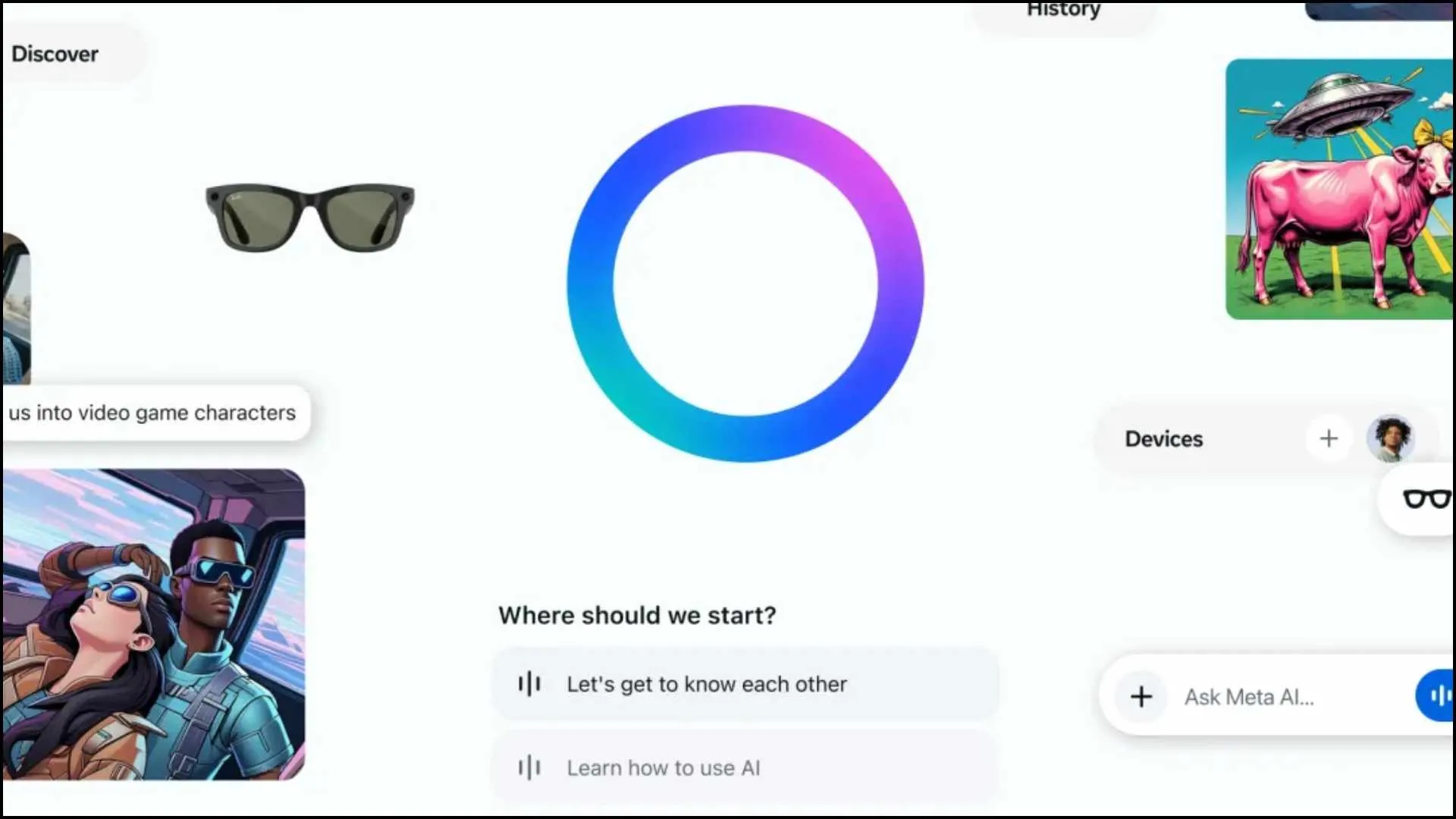In a recent blog post, Sam Altman, CEO of OpenAI, laid out his vision for how artificial intelligence (AI) will reshape the job market and society. While acknowledging that AI will bring profound changes, Altman tempers concerns about a sudden disruption in employment, offering a more measured perspective on how AI will impact the workforce over time.
Gradual Impact on Jobs: No Immediate Threat
Altman believes that while AI will undoubtedly influence the job market, the shift will be gradual rather than sudden. He asserts, “Most jobs will change more slowly than most people think, and I have no fear that we’ll run out of things to do.” Instead of triggering mass unemployment, AI will replace certain tasks while empowering people to focus on more creative and meaningful work. According to Altman, this shift will amplify human abilities and open new avenues for innovation.
The tech leader further explains that many current jobs might seem trivial or outdated to future generations, just as today’s work would appear unfamiliar to someone from a few centuries ago. However, he is confident that society will adapt to the technological changes AI brings, just as it has done in response to previous innovations. “People have an innate desire to create and to be useful to each other,” he says, emphasizing that AI will unlock new ways for individuals to contribute meaningfully to the world.
AI’s Broader Societal Impact: Healthcare, Education, and Global Challenges
Beyond jobs, Altman envisions a future where AI will revolutionize various sectors, from healthcare to education. He predicts the rise of AI-powered virtual tutors that can deliver personalized instruction in any subject and language, tailored to the needs of individual students. “AI will help us achieve things once thought impossible,” Altman asserts, highlighting the technology’s potential to make significant advancements in fields such as healthcare and scientific research.
He also points to AI’s role in addressing global challenges like climate change, suggesting that the technology could play a pivotal role in solving complex, large-scale problems. Altman’s optimism extends to the possibility of shared prosperity in an AI-driven world, but he also cautions that this potential must be carefully managed to avoid exacerbating inequalities.
Ensuring AI Benefits Are Widely Accessible
While Altman is enthusiastic about AI’s promise, he warns that the distribution of its benefits must be handled with care. One of his key concerns is ensuring that AI and the computing power needed to operate it are accessible to everyone, not just a privileged few. “If we don’t build enough infrastructure, AI will be a very limited resource that wars get fought over,” he warns. This highlights the importance of creating a global framework where AI’s advantages are available to all, preventing conflicts over limited access.
Altman believes that AI’s potential to improve lives on a broad scale is immense. “Everyone’s lives can be better than anyone’s life is now,” he claims, but stresses that careful planning and infrastructure development will be necessary to achieve this vision.
The Rise of Deep Learning: Pushing AI’s Boundaries
Central to Altman’s outlook is the progress AI has made thanks to advancements in deep learning. He credits these developments with pushing the boundaries of what AI can achieve, allowing it to tackle increasingly complex problems. “Deep learning worked, got predictably better with scale, and we dedicated increasing resources to it,” Altman explains, adding that these advancements could become some of the most significant in human history.
Looking forward, Altman sees AI continuing to evolve and deliver breakthroughs in areas ranging from software development to healthcare systems. He believes that the potential of AI is nearly limitless, with the technology poised to accomplish feats that were once the realm of science fiction.
Challenges Ahead: A Call for Thoughtful Planning
Despite his optimism, Altman is realistic about the challenges that lie ahead as society enters what he calls the “Intelligence Age.” He urges governments, businesses, and communities to think carefully about how to maximize AI’s benefits while mitigating its risks. The social and economic changes AI will bring are likely to be far-reaching, and Altman calls for proactive measures to ensure that these changes are handled responsibly.
READ MORE: US SEC Plans Sanctions Against Elon Musk in Twitter Investigation






















